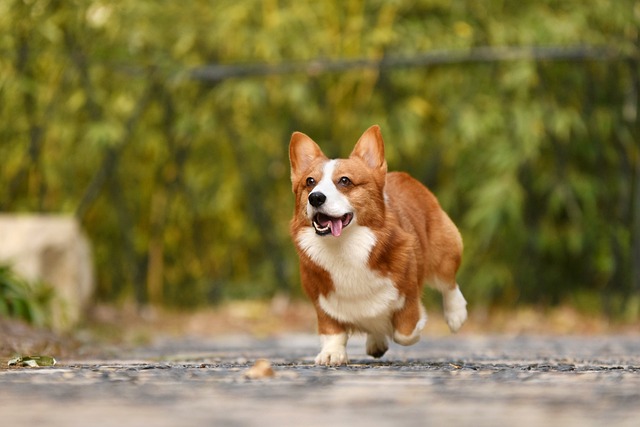
How do i train my dog to be obedient?
Watching your dog dart across the park ignoring your calls isn’t just frustrating—it can put them at risk near busy streets or public spaces.
If you’re in the thick of puppyhood feeling sleep-deprived and wondering if you’ve made a terrible mistake, you’re not alone. Many trainers and behaviorists pinpoint the period between 4 and 6 months as the most challenging month with a puppy. This is when that adorable, fluffy baby seems to develop selective hearing, boundless energy, and a sudden fascination with chewing everything you own. This phase isn't a sign you're failing; it's a perfectly normal, if exasperating, combination of teething discomfort and adolescent boundary-testing.
The science behind this trying period is a double whammy of physical and mental development. Your puppy is losing their baby teeth, and their adult teeth are coming in, causing significant gum pain and an intense, primal need to chew. At the exact same time, they are entering canine adolescence. Their brain is maturing, making them more independent, more easily distracted, and more likely to "forget" commands they knew perfectly just weeks before. This is not defiance; it’s akin to a human teenager pushing limits to understand their world. Your job is to manage this phase with immense patience and consistency. Double down on positive reinforcement training. Arm yourself with a variety of frozen chew toys (a frozen washcloth can work wonders) to soothe their gums. Keep training sessions incredibly short and fun, using high-value treats to recapture their attention and rebuild their focus.

This is where your commitment to modern, force-free training is truly tested. It is absolutely vital to never respond to this frustrating behavior with physical punishment, yelling, or dominance-based techniques like alpha rolls. These methods are not only culturally unacceptable but will severely damage your bond, increase your puppy's anxiety, and likely worsen the unwanted behaviors. Instead, manage their environment to set them up for success. Use puppy-proofing gates in your apartment to limit their access to temptations, and if you catch them chewing the wrong thing, calmly redirect them to an appropriate toy and praise them heavily. This proactive approach prevents rehearsing bad habits and is essential for maintaining harmony in close-quarter living.
Surviving this hardest month is a major milestone in responsible puppy ownership, and your duties extend beyond your front door. Your adolescent puppy’s vaccinations, including the legally required rabies shot, must be kept current, especially as they become more adventurous and interact more with the environment. Furthermore, all that pent-up adolescent energy needs an outlet through leashed walks, which comes with a non-negotiable civic duty: always carrying bags and instantly cleaning up after your pet. This is a fundamental law and a sign of respect for your community. By navigating this difficult month with knowledge, patience, and positive methods, you’re not just surviving—you’re laying the groundwork for a well-adjusted, trustworthy adult dog and proving your commitment as a conscientious pet owner.

Watching your dog dart across the park ignoring your calls isn’t just frustrating—it can put them at risk near busy streets or public spaces.

New puppy owners often find themselves rushing to clean up accidents before they set in, and that’s where puppy pad training becomes a game-changer.

If you've noticed your dog's waistline disappearing and your veterinarian has mentioned those few extra pounds, your first instinct might be to simply reduce the amount of food in their bowl.

Training a dog to use a designated spot indoors isn’t as daunting as many new owners fear, but it does take consistency and an understanding of your pet’s needs.

That moment of dread on a walk is all too familiar for many new dog owners. You see another dog approaching down the sidewalk of your neighborhood

If the sight of another dog on your neighborhood walk makes your heart sink as your own dog erupts into a frenzy of barking and lunging, you're not alone.